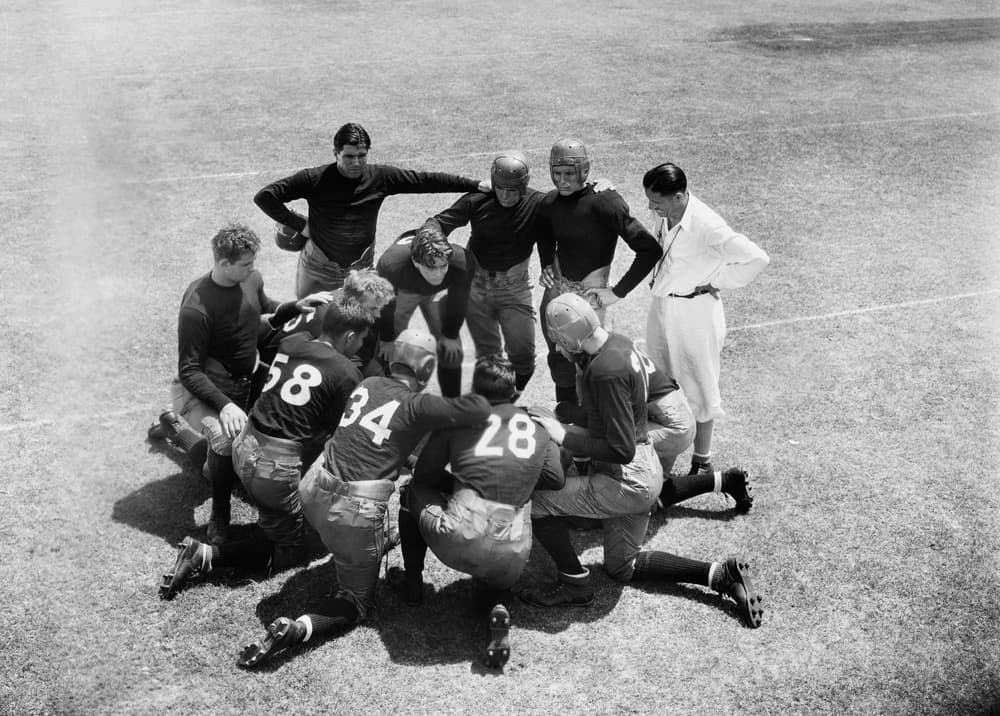Independent vocational evaluations (IVE) are used to assist members of the claims management team in determining a variety of issues related to vocational rehabilitation and disability matters. Similar to an independent medical examination, an Independent Vocational Evaluation is costly and often only performed once during the course of a disputed workers’ compensation claim. When spending the money on an IVE, it is important to do your homework first in order to save time and money. Part of this includes preparing a proper letter and asking the right questions of the evaluator.
Preparing the Independent Vocational Evaluation Letter
The Independent Vocational Evaluation will typically not take place until just prior to a settlement conference, mediation or hearing on the merits. Part of the preparation includes obtaining the necessary background information on the employee and understanding their medical condition(s). Information to consider obtaining and sending the expert include the following:
- Medical records: This included medical records regarding co-morbid conditions, surgeries, treatment immediately after the work injury and subsequent medical care and treatment;
- Education and Work History: This is information that will be obtained during the course of discovery. It is important for the examiner to have a complete picture of the employee’s background and possible transferable job skills; and
- Deposition Testimony: Having sworn testimony under oath is keep to giving your expert proper foundation.
Click Link to Access Free PDF Download
“How Do I Get My Adjusters To Follow My Account Handling Instructions?”
Questions to Ask Your Vocational Expert – Writing the Independent Vocational Evaluation Letter
The letter to your vocational expert may likely end up in evidence at the hearing. This is why your letter should be completely factual and without bias. Commonly asked questions may include the following:
- Given the employee’s age, education, employment experience, transferable skills, relevant labor market, and employee’s disability and restrictions, what jobs exist in the relevant labor market in substantial numbers that the employee is capable of performing?
An Independent Vocational Evaluation is often used to determine if the employee is capable of working in any capacity, and if there are jobs located near them. This is often information defense interests will want to know when defending claims involving exposure for permanent total disability (PTD) benefits or retraining claims.
- Given the employee’s age, education, employment experience, transferable skills, relevant labor market, and employee’s disability and restrictions, what is the employee’s current earning capacity? Please give a range for any capabilities and give a median or average earning capacity opinion.
The issue of an employee’s earning capacity is often in dispute when an employee needs ongoing vocational rehabilitation benefits. It can also be an issue in high-exposure cases where the employee suffers a significant injury requiring disabling restrictions assigned by the employee’s treating doctor.
- Perform a labor market survey to determine if there are actual jobs that do exist in the relevant labor market that the employee would be capable of performing. Please discuss actual jobs that are available within the restrictions provided by the treating doctor.
Labor market surveys are commonly used in retraining claims. One criterion that is often in dispute is whether the employee has conducted a good faith job search, or if there are jobs available for the employee once they are retrained in a new field.
- In your opinion, is the employee performing a diligent job search?
The quality and sincerity of a job search are often in dispute when a claim is in litigation. This is a legal issue and results in a “battle of the experts.” The vocational expert will examine the number of applications submitted by the employee, the methods the employee is using when searching for a job and how much time the employee spends looking for a new position. Having accurate and complete information is key.
Other Matters to Consider
It is also important to make clear with your vocational expert that they provide a discussion regarding their answer. This will be useful if live courtroom testimony or admitted deposition testimony is not given at the hearing. Any expert worth the money you are paying should not object to such a request.
Conclusions
A well-written letter to a vocational expert can pay dividends in workers’ compensation cases. Timing, preparation, and knowledge of the issues are key. Failure to do so can be harmful when defending a claim, as well as hurting one’s chances of success.

Author Michael Stack, CEO Amaxx LLC. He is an expert in workers’ compensation cost containment systems and helps employers reduce their workers’ comp costs by 20% to 50%. He works as a consultant to large and mid-market clients, is a co-author of Your Ultimate Guide To Mastering Workers Comp Costs, a comprehensive step-by-step manual of cost containment strategies based on hands-on field experience, and is founder & lead trainer of Amaxx Workers’ Comp Training Center .
Contact: mstack@reduceyourworkerscomp.com.
Workers’ Comp Roundup Blog: https://blog.reduceyourworkerscomp.com/
©2018 Amaxx LLC. All rights reserved under International Copyright Law.
Do not use this information without independent verification. All state laws vary. You should consult with your insurance broker, attorney, or qualified professional.

















